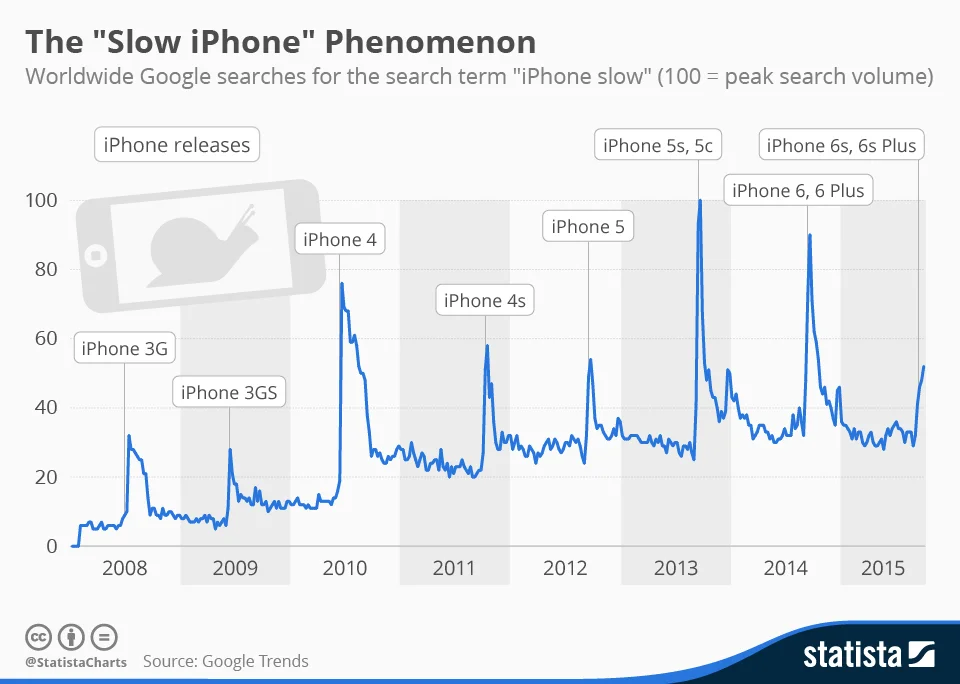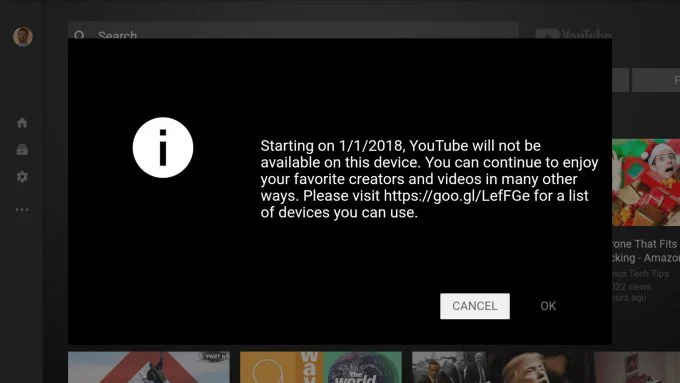3.7 KiB
| author | title | date |
|---|---|---|
| jeremy | Every Major Internet Company Hates You (Protocols Not Platforms Pt. 1) | 2019-01-01 00:00:00 |
Every major internet proactively damages user experience to serve their own interests.
In a competitive economy, this is exceedingly unusual. But we'll discuss the why later. First, let's define the problem.
The Problem
Claim: All of the largest consumer internet company actively spend their time and resources engineering degradations in user-experience.
Below are examples from Facebook, Amazon, Apple, Reddit, and YouTube.
This is not meant to be an exhaustive list of user hostility, but instead to provide an unambiguous example for each.
Facebook had (has!) a fully working, web-based version of their messaging platform.
They actively disabled on mobile to force more downloads of the app.
Apple
We could talk at length about Apple's hostility towards free software and the ability for users to own and control their own devices.
But let's look at the most unambiguous example possible: Apple actively slows down old phones to encourage more sales!
See this for the full details on this story.
Evidently, Reddit really wants people to use their mobile app.
It current takes five clicks to view a GIF hosted on a non-Reddit site on mobile. It used to take one.
Not because there is anything wrong with the web experience, of course. But forcing people onto mobile means Reddit can collect a lot more information about you.
YouTube
We could talk a lot about how YouTube's treatment of creators, as well as it's pro-censorship policies, constitute hostility.
But here's an even clearer example:
YouTube recently disabled all FireTV users from accessing YouTube for no reason other than to get back at Amazon.
How Unusual This Is
Some people may read these examples and shrug. Companies are greedy. Is it really surprising they treat users this way?
And this response is partially right. Companies are greedy.
But in a competitive economy, greed is typically satisfied by making your services better, not worse. When the local pizzaria offers free water, free bathrooms, clean tables, and sale prices, it does this not out avarice, not benevolence!
So the question becomes: why is this possible? Why are large tech companies able to get away with such abusive behavior?
And the answer is these platforms are not nearly as competitive as restaurants.
If the pizza place jacks up prices, I go to another pizza place. When Facebook treats me like crap, I complain about it... on Facebook.
But not all of our tech experiences are like this!
If we look at other aspects of the internet, it's much more like restaurants than Facebook. And that's because a lot of the tech driving the web is a protocol, not a platform.
My browser cannot treat me like crap, because HTTP is an open standard. Anyone else can make a browser, like anyone else can make a restaurant.
The same is true for my email client or my BitTorrent client.
The solution to this problem is to build protocols, not platforms.
When we build protocols, people can leave. When we build protocols, it's the users, not the middlemen, who retain control.
The innovation of blockchain is the most powerful development in over a decade in making this possible. We'll talk about this more in Part 2.



